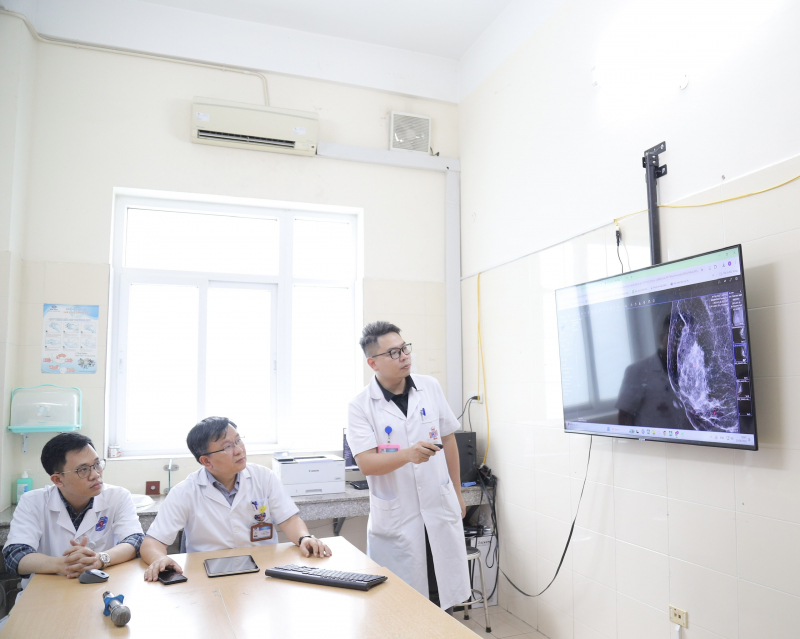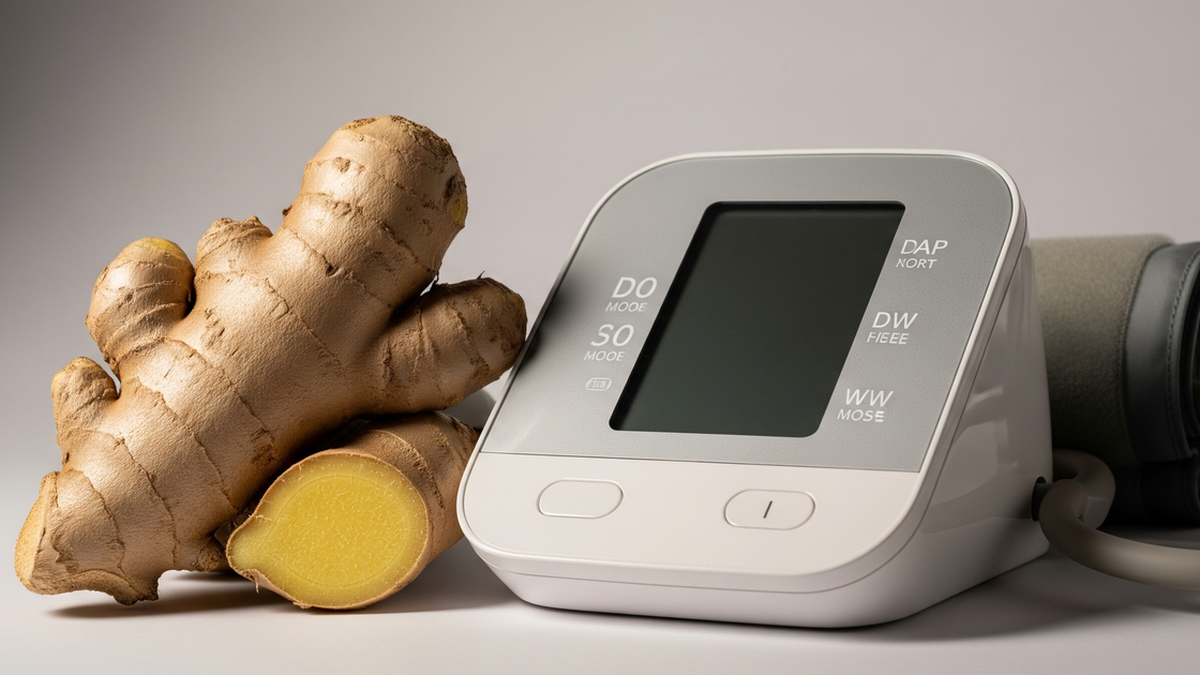According to Prof. Dr. Le Van Quang, Director of K Hospital, the hospital currently has 2,400 beds in 3 facilities. In 2024, the hospital will receive 436,208 medical examinations, 68,119 inpatients, 31,683 surgeries and 262,607 MRI and CT scans, and 4,488 other cases in specialized technical categories.
On April 1, K Hospital began piloting electronic medical records at facility 1. Next, the hospital continued to pilot at facility 2. After evaluating the success of the pilot, K Hospital reviewed and gradually resolved arising issues, and to date, electronic medical records have been deployed throughout the hospital.

Implementing electronic medical records to replace paper medical records brings many benefits to patients and medical staff , contributing to cost savings, improving productivity and quality of medical examination and treatment.
For example, eliminating the need to print X-ray films, tests, and paper records, and not having to store records, saves the hospital tens of billions of dong each year. With electronic medical records, patients reduce their waiting time for examination. Instead of having to go to the hospital early in the morning and wait for a long time, cancer patients can register for an appointment online via phone or mobile application.
Electronic medical records also help K Hospital manage information more effectively. All patient records are stored synchronously, helping doctors easily access and track medical examination and treatment history, thereby making more accurate diagnoses.
In addition, electronic medical records also allow data to be linked between medical facilities, helping patients avoid having to redo existing tests. Finally, it also increases transparency in health insurance management, reducing complicated administrative procedures.
To successfully implement electronic medical records, K Hospital also had to face many difficulties and challenges in terms of infrastructure, equipment and patient habits.

To date, more than 300 medical facilities nationwide have announced the successful implementation of electronic medical records. According to the direction of the Ministry of Health, before September 30 this year, hospitals nationwide must complete the implementation of electronic medical records.
The country has more than 1,300 medical facilities, but currently only more than 300 hospitals have implemented it, this number is still too modest while there is only more than 1 month left until the deadline.
The reason is that many medical facilities still face difficulties in terms of funding, technological infrastructure, human resources, and lack of coordination between sectors and levels.
Electronic medical records are one of the important pillars in the digital transformation roadmap of the healthcare sector, contributing to improving the quality of medical examination and treatment, optimizing management, archiving records and sharing medical information, saving money on printing films, benefiting both patients and hospitals.
Currently, hospitals with financial difficulties have proposed that the Ministry of Health take the lead in developing shared electronic medical records software, in order to accelerate the implementation of electronic medical records in the health sector and reduce investment costs for hospitals.
Source: https://cand.com.vn/y-te/bo-benh-an-giay-giam-thoi-gian-cho-kham-cho-benh-nhan-ung-thu-i778614/























![[Photo] General Secretary and Prime Minister visit the National Exhibition and Fair Center](https://vphoto.vietnam.vn/thumb/1200x675/vietnam/resource/IMAGE/2025/8/19/f4503ad032d24a90beb39eb71c2a583f)
![[Photo] General Secretary To Lam attends the inauguration and groundbreaking ceremony of 250 projects to celebrate National Day](https://vphoto.vietnam.vn/thumb/1200x675/vietnam/resource/IMAGE/2025/8/19/3aa7478438a8470e9c63f4951a16248b)




![[Photo] Politburo works with the Standing Committee of Da Nang City Party Committee and Quang Ninh Provincial Party Committee](https://vphoto.vietnam.vn/thumb/1200x675/vietnam/resource/IMAGE/2025/8/19/b1678391898c4d32a05132bec02dd6e1)
![[Photo] President Luong Cuong's wife and Queen of Bhutan visit Tran Quoc Pagoda](https://vphoto.vietnam.vn/thumb/1200x675/vietnam/resource/IMAGE/2025/8/19/62696af3852a44c8823ec52b03c3beb0)




































































Comment (0)